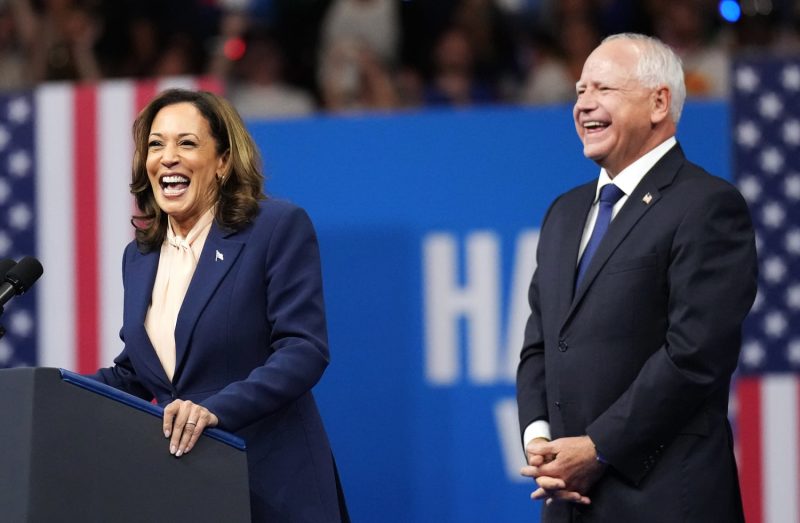Many local Teamsters groups have chosen to publicly announce their endorsements for Kamala Harris, setting a precedent by diverging from the national body’s decision to abstain from political endorsements for the period. This unique and bipartisan move not only signals a shift in political dynamics within labor unions, but also showcases Harris’s growing popularity amongst such groups.
The International Brotherhood of Teamsters, one of the largest labor unions in North America, had earlier decided not to endorse any candidate in the current political environment. However, this decision was not binding on local chapters who maintained the discretion to make their endorsements. While this freedom has existed, this is the first time that local Teamsters branches have decided to openly endorse a candidate.
One of the significant groups to announce this endorsement was the Teamsters Joint Council 7, which represents 100,000 workers from industries like airline, warehouse, and trucking in California and Nevada. The leader of this council explicitly cited Harris’s consistent commitment to labor rights and her pledges to work towards strengthening unions as reasons for their endorsement.
Furthermore, Teamsters Local 853, another powerful union body in California, also expressed their support for Harris. They applauded her record as attorney general in California and senator, where she has engaged in several pro-worker initiatives.
Such endorsements not only highlight Harris’s strong and vocal support for unions but also spotlight the growing political independence of local Teamsters chapters. By diverging from the national body’s stand, the local unions have demonstrated their willingness and ability to make political decisions that they believe will directly benefit their members.
These endorsements have wider political implications as well. Labor unions are often significant players in elections, particularly within the Democratic party. Their support can mobilize a large number of voters and provide crucial votes for winning candidates. Hence, endorsements for Harris from these local Teamsters groups can not only boost her grassroots support but also impact her overall chances of success.
While the national body chose to abstain from making political endorsements this time, the decision by the local groups could potentially place pressure on the national entity to reconsider its stance. The local bodies’ support for Harris might be interpreted as confidence in her leadership and a call for the international body to actively participate in political processes, thereby influencing policies for the betterment of labor rights.
In conclusion, with these endorsements, local Teamsters groups are not just endorsing a candidate but also paving a path for potential changes in the way labor unions engage in politics. Harris’s endorsement underlines her understanding and consideration of union issues






























